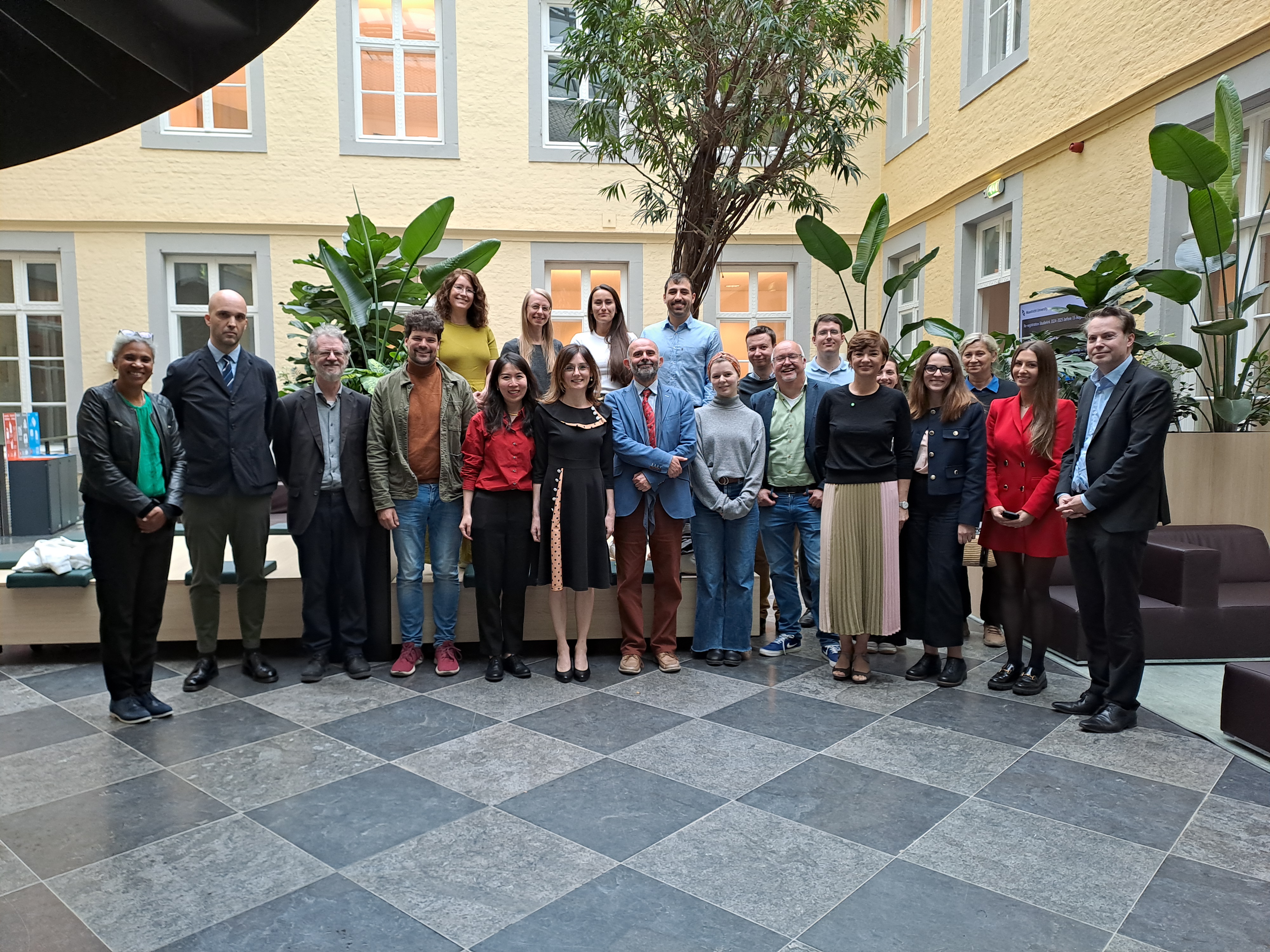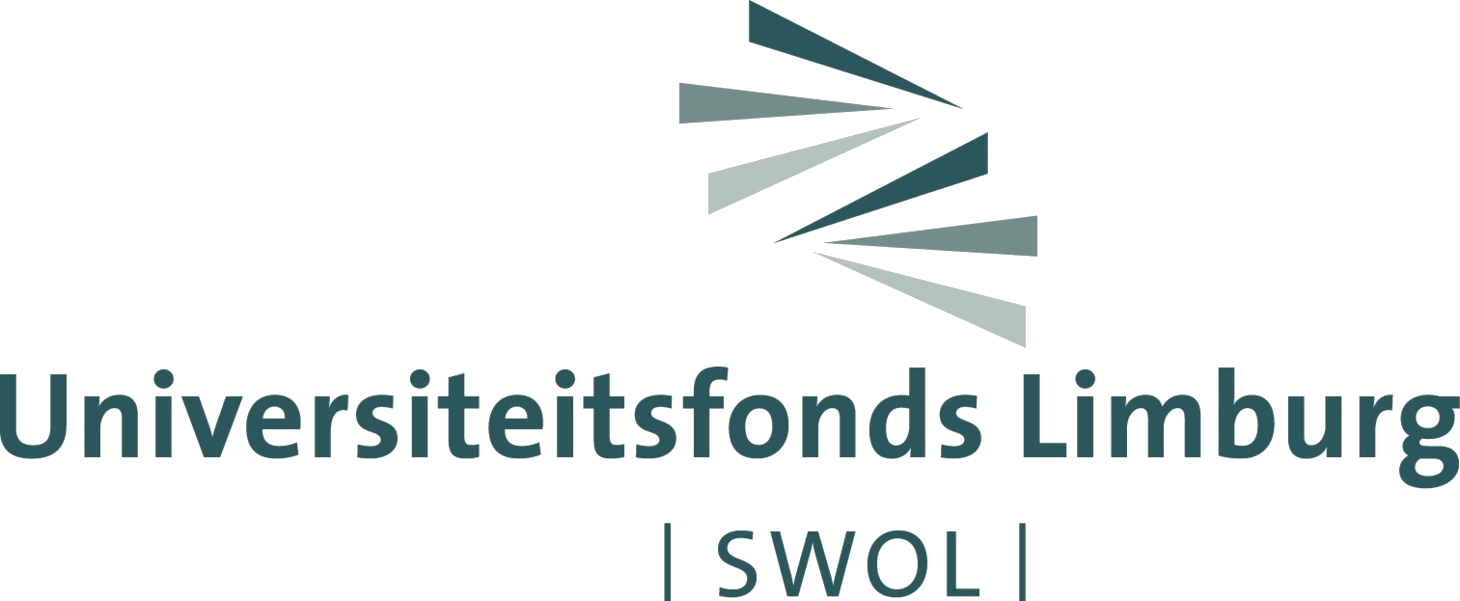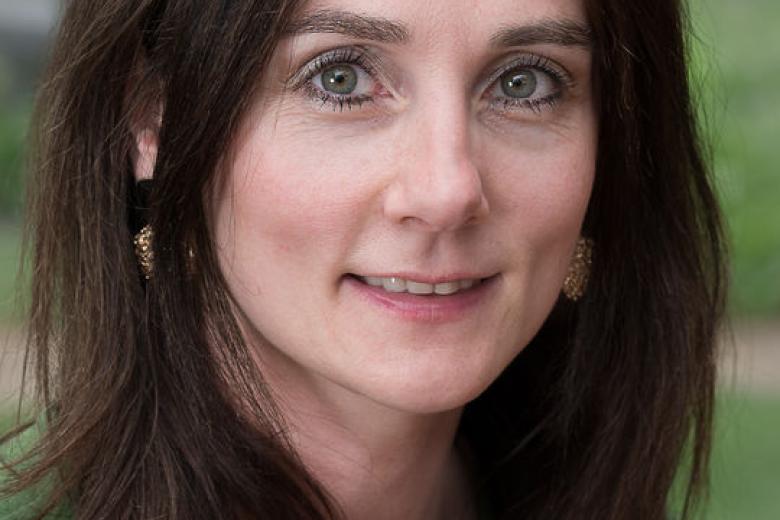Public Procurement: A key tool to reach sustainability in Europe and beyond
On 3 July Sarah Schoenmaekers and Tongle Si organized the conference ‘Public Procurement: A key tool to reach sustainability in Europe and beyond’. The conference was a great success and led to engaging discussions and lively debates among presenters and participants, fulfilling its purpose of being a true dynamic platform to discuss sustainable procurement!
The conference, which was financially supported by the Faculty of Law and by Universiteitsfonds Limburg (SWOL), focused on how public procurement can contribute to sustainable growth, responsible business conduct and respect for labour and human rights in production processes'. The importance of public procurement is evident in this regard:
It affects a substantial share of world trade, amounting to 1.3 trillion euros per year and representing almost one fifth of the Union’s GDP. It is an area that involves both the public and the private sector which makes it relevant for all branches of the economy and for all industries. Public procurement procedures are increasingly used by public authorities to reach goals that are not necessarily economic in nature, such as green and social objectives.
Great impact
The influence of public procurement on sustainability should not be underestimated. In fact, 80% of the UN sustainable development goals are relevant when it comes to public procurement processes. Indeed, what is bought by public authorities can greatly impact all users and future generations. It is hence not surprising that there is an increasing pressure on public authorities to care about the true costs of their purchasing decisions for society, especially the environmental costs.
Academics, public officials, and practitioners debated how challenges such as the depletion of natural resources, climate change and social inequality can be taken into account in public procurement procedures, both from a theoretical and a practical point of view. Indeed, how public procurement processes are conducted in practice and whether or not sustainable criteria are taken into account, is generally depending on the policies and preferences of public authorities as well as on the available products and solutions on the market. For Maastricht University this is very important as well: being a public authority it has to apply public procurement procedures when purchasing new supplies, services and works. Therefore, it’s not surprising that the UM Strategic Programme 2022-2026 is entitled ‘The European University of the Netherlands – A caring and Sustainable University’. Sustainability is a core UM value, not only when it comes to purchasing, but also when it comes to their research profile which includes the theme ‘Sustainability and Circularity’. The UM procurement strategy served as a starting point for the conference to reflect on different factors that are considered relevant when making sustainable purchasing decisions.
Developments
During their presentations, speakers called for more mandatory sustainable procurement, but warned at the same time for the fact that the market cannot always follow sustainable legislative policies. This is not only because of the lack of innovation in certain sectors but also due to the increased costs and the lack of public (and private) money. In addition, there was a call for increased monitoring of procurement outcomes and the creation of more communities of practice. Several presentations demonstrated that there are instances in which public procurement processes have actually contributed to the further development of green policies. Further, even without there being any general obligation to buy green, economic incentives and nudges have been used to incite both the public and the private sector to invest in sustainable products.
The conference concluded that European public procurement is increasingly used as a political instrument. It is quite certain that all contributors and participants are very curious to see how this policy area will develop. Especially as the president of the European Commission recently announced in the political guidelines for the next European Commission a revision of the public procurement directive and indicated that the Union must unlock the financing needed for the green, digital, and social transition.


S.L.T. Schoenmaekers
Sarah Schoenmaekers is professor of European Economic Law at Maastricht University and professor of construction law at Hasselt University. At Maastricht University she is the director of studies of the master programmes of the faculty of law.
Please click on 'expertise', 'professional career history', 'research' and 'education' for more information.

-
Mediating the Kendrick Lamar and Drake Beef
The rap feud between Aubrey Drake Graham (aka Drake) and Kendrick Lamar Duckworth (aka Kendrick Lamar), has not only produced batches of blazing diss tracks, but now, a potential legal battle. Drake recently initiated two legal proceedings in New York and Texas, not against Kendrick Lamar, but...

-
How do the Dutch deal with their colonial past?
The debate on the implications of Dutch colonial rule in Indonesia recently intensified after a report concluded that the Dutch forces had used extreme violence. Reactions to the report reveal that the issue remains controversial and challenging to discuss. The findings in the report do however...

-
